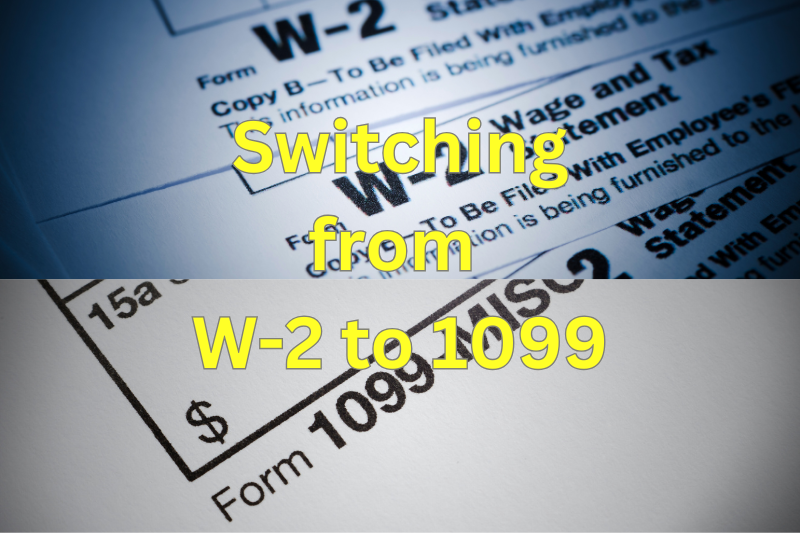So you’ve been out here grinding. LLC in the bio. Invoices flying. Taxes paid (hopefully).…
Property Taxes in Houston, Texas
As a homeowner in Houston, Texas, it’s essential to understand the various components of your property taxes. These taxes are a significant source of revenue for local governments, and they help fund essential services like schools, roads, and public safety. In this blog, we’ll break down the different components that make up your real estate taxes in Houston.
School District Taxes
The largest component of your property taxes in Houston is likely to be school district taxes. This tax funds public schools in your area and is collected by the local school district. In Houston, there are several school districts, including Houston Independent School District, Cypress-Fairbanks Independent School District, and Katy Independent School District. The exact amount you pay in school district taxes depends on the district in which your property is located and the appraised value of your home.
County Taxes
Another significant component of your real estate taxes in Houston is county taxes. These taxes fund county services such as law enforcement, courts, and public works. In Harris County, which includes Houston, the county tax rate as of 2022 is 0.3437% of the tax assessed value of your home. This tax assessed value is usually different from the appraised value from the appraisal report received when purchasing a home.
City Taxes
If you live within the city limits of Houston, you’ll also pay city taxes. These taxes fund city services such as police and fire protection, road maintenance, and parks. The city tax rate for Houston as of 2022 is 0.5336% of the tax assessed value of your home.
Municipal Utility District Taxes
Depending on where you live in Houston, you may also pay municipal utility district (MUD) taxes. These taxes fund infrastructure and services provided by MUDs, such as water and sewer systems, parks, and public safety. MUD taxes vary depending on the district in which your property is located.
Other Taxes
In addition to the above components, there may be other taxes that you are required to pay as a homeowner in Houston. For example, if your property is located within a special taxing district, such as a community development district, you may be required to pay additional taxes to fund specific services or infrastructure projects in that area.
In conclusion, the components that make up your real estate taxes in Houston include school district taxes, county taxes, city taxes, municipal utility district taxes, and other taxes. Understanding these components can help you better manage your property taxes and ensure that you are paying the correct amount. If you have any questions about your property taxes in Houston, it’s best to consult with a local tax professional who can provide you with personalized advice and guidance.





